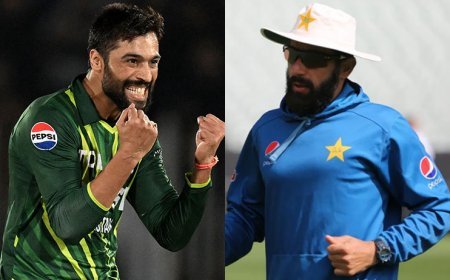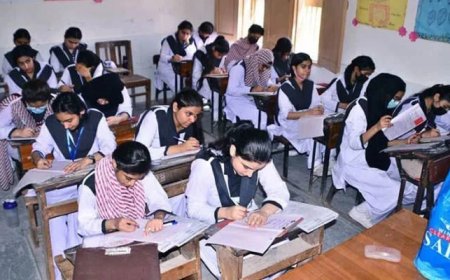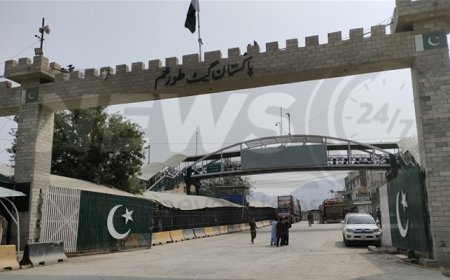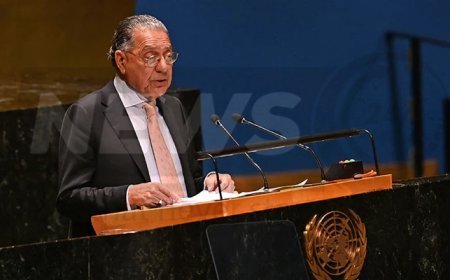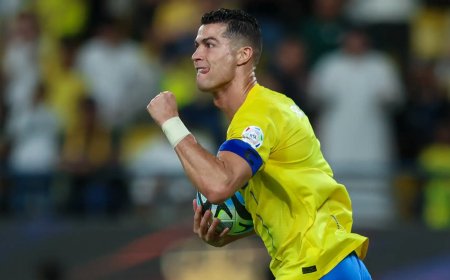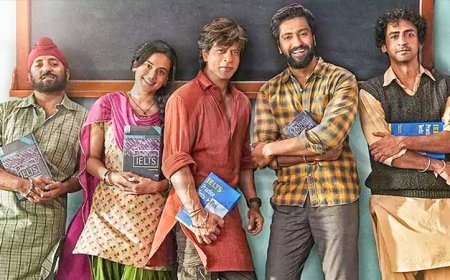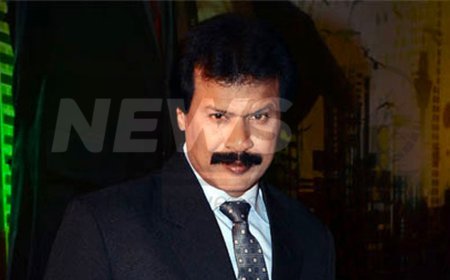Chinese ambassador proposes the concept of 'CPEC 2.0.'
On Monday, China's ambassador to Pakistan, Jiang Zaidong, underscored the need to strengthen the China-Pakistan Economic Corridor (CPEC) and reiterated a willingness to collaborate in the agriculture and mining industries to help address Islamabad's economic challenges.

Zaidong, the Chinese ambassador, elucidated his country's vision for the next decade within the China-Pakistan Economic Corridor (CPEC). This vision prioritizes the 21st-century economy over the conventional infrastructure model favored by Islamabad. Preceding Chinese scholar Viktor Gao's insightful speech, emphasizing that CPEC should not be solely perceived through an infrastructure lens, Zaidong outlined three pivotal points for future collaboration: consolidating the current CPEC phase, enhancing cooperation in agriculture and mining, and uplifting livelihoods through impactful small-scale projects.
Emphasizing consolidation, Zaidong stressed the completion of projects like Mainline-I and Karachi Circular Railway, without mentioning road projects. During interim Prime Minister Anwaarul Haq Kakar's visit, an addendum to the Mainline-I project was signed, reducing its scope and cost.
In another agreement, Pakistan and China committed to mineral sector development and industrial cooperation under CPEC, focusing on geology, mineral resources, processing, trade, and investment. Zaidong underscored the economic challenges faced by Pakistan and expressed China's commitment to transforming its resource advantage into a capital advantage.
The third point highlighted improving livelihoods through strategic small projects, citing examples like the Gwadar water desalination plant and solar panels in Balochistan. The ambassador proposed President Xi Jinping's vision of an upgraded CPEC with five corridors: growth, people's livelihood, innovation, green, and open-up.
Viktor Gao, Vice President of the Centre for China and Globalisation, urged Pakistan to shift focus from traditional CPEC projects to the digital era. Gao advocated for CPEC 2.0, emphasizing the integration of data, artificial intelligence, and algorithms. Despite this advice, Pakistani policymakers seem fixated on obtaining more road projects from China, neglecting technological advancements.
Gao also addressed US-Pakistan and US-China relations, suggesting Pakistan align itself with the country that best serves its interests rather than choosing between them.
What's Your Reaction?














